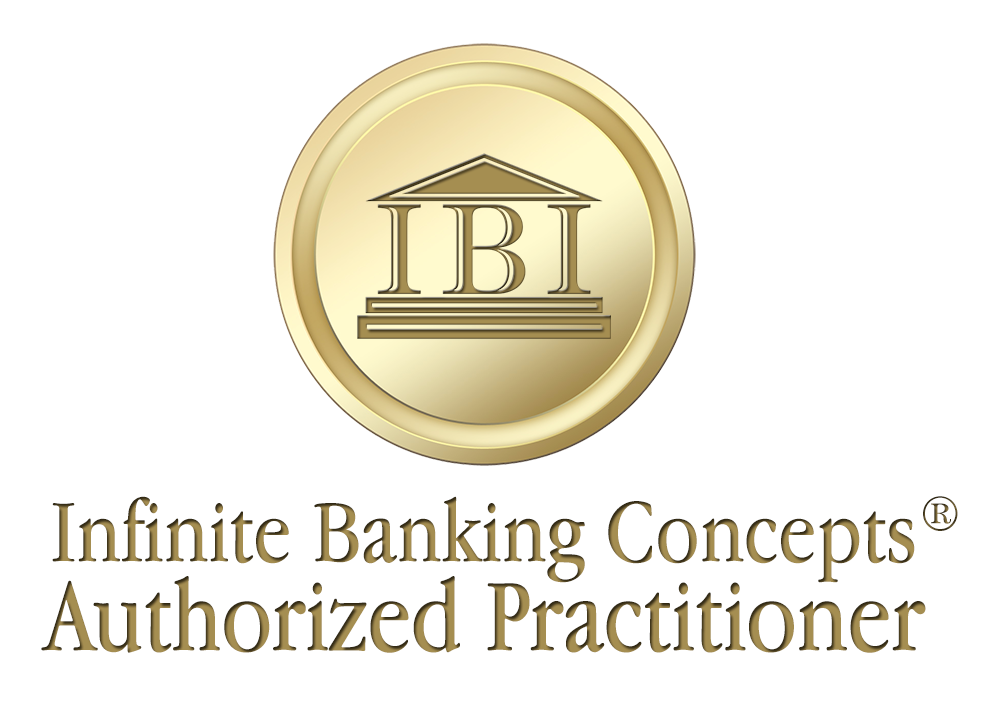Do IBC Right Choosing the Right Life Insurance Company (Part 1 – The Majors)

This is a question I get all the time in person or on my webinar. It is an important question as a client must understand the differences between insurance companies before they can make an informed decision about what they are being told is a great company with a great product and most importantly if it is designed for private banking. I thought I would take the time to put it all in writing so clients and potential clients can go over it carefully. I hope is so doing it will be beneficial to all.
To start, please answer this question: If you somehow had the choice between having Jack Nicklaus’ swing or a $100,000 set of golf clubs, which would you choose? Obviously, Jack could probably beat you using a set of clubs purchased at a garage sale while you used the $100,000 dollar set of clubs. The lesson to the story is: HOW YOU USE THE PRODUCT is the MOST important thing to remember, not the product itself. The first thing you need is someone who can act as your coach. A coach who can teach you how to use what you are looking for. I have coached 100’s of people and now I offer a FREE webinar to reach even more people.
When searching for the best/right insurance company for IBC, 770 accounts, Income For Life, or the Private Reserve System you have to keep that lesson in mind. There are so many different companies and each company has multiple products to offer. When you narrow down the companies and products keep in mind this fact: HOW YOU USE THE PRODUCT is the MOST important thing to remember. (I think I said that once before.)
There are roughly 4,000+ insurance companies doing business in the United States. From that large number, I am going to give you a few quick criteria to use to narrow down your search.
Criteria To Look For For IBC:
-
Is the company a mutual company?
Insurance companies can be loosely grouped into two groups: stock companies and mutual companies. A stock company is owned by those who own stock in the company. A mutual company is owned by those who actually have a policy with the company. All businesses are in business to make money for the owners of the business. So a stock insurance company has its stockholders as the primary concern when making business decisions. It follows that a mutual insurance company has its owners, i.e. those that actually have a policy, as the primary concern when making business decisions. From the standpoint of working with a company that will be best for IBC, 770, or Income For Life accounts, a mutual insurance company is the best choice. This first criterion narrows our search down to between 30 and 40 companies.
-
Does the company offer dividend (participating) paying whole life insurance?
“Oh no,” you say, “whole life is the absolutely worst place to hold money. Besides, the growth in any whole life insurance policy is nothing to get excited about.” My answer? Simply this, we are not talking right now about a holding tank, we a looking for a product that allows us to use the product the way we KNOW it should be used. I will say it again, HOW YOU USE THE PRODUCT is the MOST important thing to remember.
-
Does the company allow the policy to be overfunded by the purchase of paid-up insurance or paid-up insurance riders?
Different companies call this rider different things. Basically, they are mini fully paid-up policies that immediately translate nearly dollar for dollar into cash value. These are great for front loading a policy with cash. Of course, the old mantra of the more the better is not true when using this rider. A qualified consultant will be a big help here, but that is a different post.
*Going by the three criteria we have discussed so far, we can narrow down the 4,000+ insurance companies to roughly a dozen. Is that progress or what? Let’s go further…..
-
Does the company endorse or encourage the discussion/practice of IBC etc?
Some companies might give lip service to the concept you are considering, i.e. IBC, 770, or Income For Life accounts. But the reality is when you call the home office and try to talk to someone about your concept, they are like deer in headlights. Some companies, however, are fully trained and aware of the concepts and willing and able to help you do what you want to do. With that said, do not assume that the home office people will be able to answer all your questions. The best thing to do is find a good coach to help you with the process.
-
Does the company have a long track record of profitability?
Accountants can massage numbers around and make it seem like a company is profitable. But the only thing that cannot be faked is hard cold cash. We are talking about dividends. If a company pays out a dividend you can be pretty sure there is a profit. When looking for the right company look for a company that has paid a dividend every single year for at least 100 years consecutively. (That would include two world wars, a flu pandemic, the depression, and a half dozen other major difficult times in the last century.) If a company has this kind of track record, you can be fairly confident they have a corporate culture that will be around for you when you need them.
Taking all these criteria into consideration and if you are careful you should be able to find roughly a half dozen companies that will suit your needs. Good luck. Oh, I forgot to mention: HOW YOU USE THE PRODUCT is the MOST important thing to remember. So, to help people learn to use their product join me for “7 Keys to Financial Freedom”.
by Jason I. Henderson, Ph.D.









Leave a Reply
Want to join the discussion?Feel free to contribute!